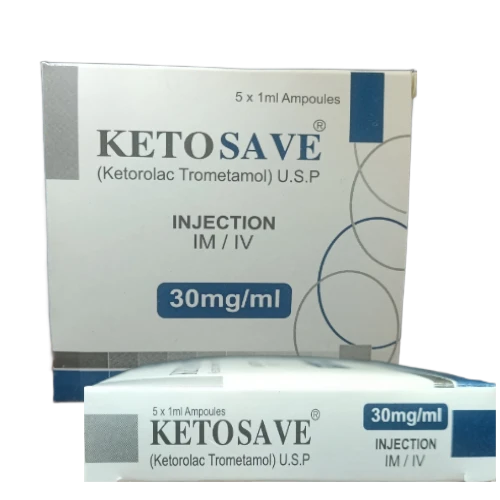
Diclofenac is a nonsteroidal anti-inflammatory drug (NSAID). This medicine works by reducing substances in the body that cause pain and inflammation.
Uses
Diclofenac is used to treat mild to moderate pain, or signs and symptoms of osteoarthritis or rheumatoid arthritis. Voltaren is also indicated for the treatment of ankylosing spondylitis. The Cataflam brand of this medicine is also used to treat menstrual cramps.
Diclofenac powder (Cambia) is used to treat a migraine headache attack. Cambia will only treat a headache that has already begun. It will not prevent headaches or reduce the number of attacks.
Side Effects
Get emergency medical help if you have signs of an allergic reaction to diclofenac (hives, difficult breathing, swelling in your face or throat) or a severe skin reaction (fever, sore throat, burning eyes, skin pain, red or purple skin rash with blistering and peeling).
Stop using diclofenac and seek medical treatment if you have a serious drug reaction that can affect many parts of your body. Symptoms may include skin rash, fever, swollen glands, muscle aches, severe weakness, unusual bruising, or yellowing of your skin or eyes.
Get emergency medical help if you have signs of a heart attack or stroke: chest pain spreading to your jaw or shoulder, sudden numbness or weakness on one side of the body, slurred speech, feeling short of breath.
Stop using this medicine and call your doctor at once if you have:
Disclaimer: Remember, keep this and all other medicines out of the reach of children, never share your medicines with others, and use this medication only for the indication prescribed.
Always consult your healthcare provider to ensure the information displayed on this page applies to your personal circumstances.
No review given yet!
 Fast Delivery all across the country
Fast Delivery all across the country
 Safe Payment
Safe Payment
 3 Days Return Policy
3 Days Return Policy
 100% Authentic Products
100% Authentic Products




